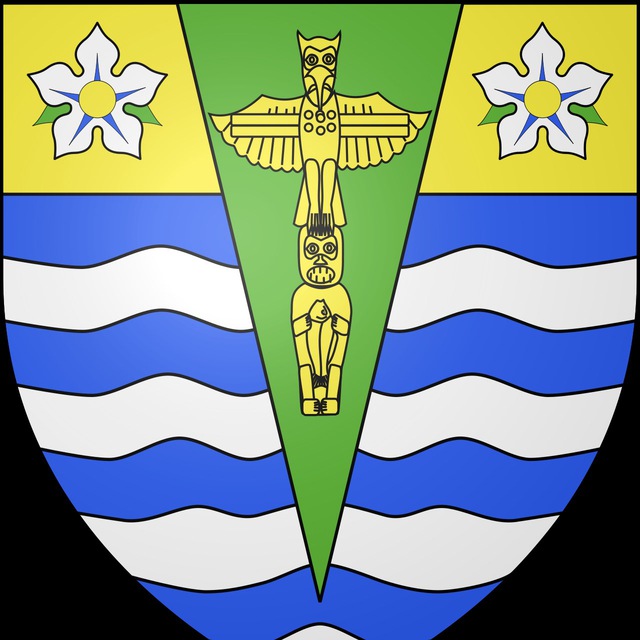In British Columbia, Canada, a driver with a Class 7 license, which is part of the Graduated Licensing Program (GLP), is permitted to drive on highways. However, there are specific restrictions and conditions that apply.
A Class 7 license is divided into two stages: Class 7L (Learner's license) and Class 7N (Novice license).
1. Class 7L (Learner): At this stage, you are required to drive with a supervising driver who is 25 years or older and holds a valid Class 1, 2, 3, 4, or 5 license. You must also adhere to other restrictions, such as no driving between midnight and 5 a.m., and a zero blood alcohol content (BAC) level. While it’s not explicitly stated that Learners cannot drive on highways, the need for a qualified supervisor makes it feasible, provided all other conditions are met.
2. Class 7N (Novice): As a Novice, you can drive on highways. There are fewer restrictions compared to the Learner stage, but you still must maintain a zero BAC level, and you can't use any electronic devices while driving, even hands-free. Unlike the Learner stage, you don’t need a supervising driver. However, there might be restrictions on the number of passengers under a certain age you can have in the vehicle, especially during night time.
It's crucial to follow all the specific restrictions associated with your license stage to ensure your safety and compliance with local laws. For the most updated information or any changes to these regulations, referring to the official ICBC (Insurance Corporation of British Columbia) website or contacting them directly would be advantageous.

